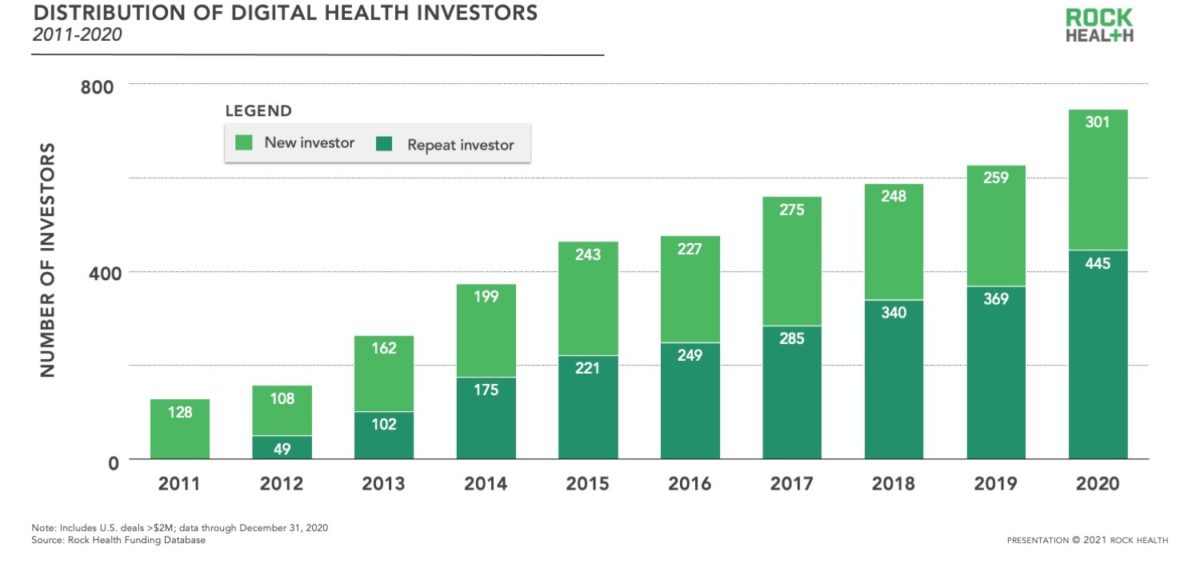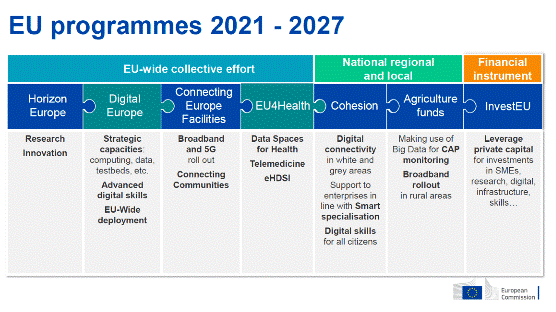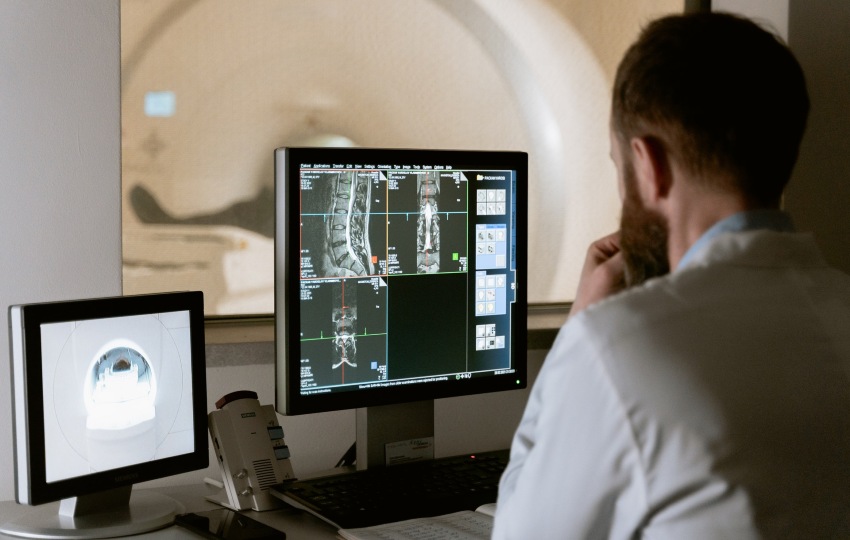The deep digital transformation that currently takes place in the European continent affects many sectors, and among them formulates and characterizes how eHealth works. While it is impossible to evaluate Health at a Paneuropean level due to each Member State’s autonomy, there are many initiatives and funds on a European level to improve Health systems across Europe.
As probably many of you may not be aware of the concept of Digital Health, you are in luck as this article will define it and show you how e-health works. Finally, it will provide you with an overview of the main European organizations and initiatives supporting Health in the EU and how it benefits the European citizens.
What is it and how eHealth works?
eHealth is short for electronic Health, while telehealth or telemedicine are also other words to refer to. As the name suggests, e-health is intrinsically linked to the wider implementation of digital technologies in Health and healthcare following the digital transformation and patient needs. But putting it into practice, how eHealth works?
These digital technologies affect Health thoroughly and all of its aspects. As a result, eHealth refers to many forms of Health from prevention and education, diagnostics, therapy, and care. With the help of digital technologies, Health breaks free from how we knew it and becomes independent of time and place and, most importantly, more accessible to all.
The Forms that eHealth Takes
One benefit of the new technologies is how versatile they are, and this also applies to e-Health. Healthcare providers, patients, or even students have access to a wide range of digital applications in Health. Here are some of the Digital Health solutions that there are:
- Telehealth. Telehealth allows the possibility for medical attention to everyone that needs it, even to remote areas. Thus, it saves money and time for both doctors and patients.
- Applications. Nearly everyone nowadays has access to a smartphone or uses mobile apps on a daily basis. When it comes to Digital Health mobile apps are a powerful ally for patients and doctors alike as they act as your personal trainer, they monitor your sleep, or perform diagnostics.
- Serious Gaming. Interactive content is known for its advantages in learning. Making difficult concepts easier to digest and allowing learning by doing, the medical studies which are known for their difficulty, it is an ideal field for the development of serious games for both students and professionals.
- Wearable technology. There is an abundance of smart clothing and accessories like a smartwatch that monitor our health and physical condition.
- Augmented reality. The benefits of AR could not be missing from healthcare. With the use of special AR headsets professionals can visualize in 3D and in real time organs or check patient records in real time.
- eHealth records. One of the bases on how eHealth works is that it allows Digital Health records of patients. That way, different doctors are able to access patients’ medical history at any time or help with ePrescription and eDispensation.
A Trend on the Rise
Linking the ICT innovations in Health into numbers, $14.1 billion worth of Digital Health investments have been made in 2020 alone, surpassing 2018, which was the highest year of investments with $8.2B.
Coming to today, with more than a year into COVID-19 and having understood the broader benefits of Digital Health, and especially in dealing with the pandemic, 2021 will be the year to beat. According to reports, just in Q1 of 2021, $7.1 billion of investments were made in contrast to just $2.9 billion in the Q1 of 2020.

This is clear evidence that this pandemic has accelerated the digitization efforts in Health as it highlighted its importance, especially in times of crisis like this one. This sudden influx of funds will transform the Health and healthcare sector as we know it and will certainly alter how eHealth works.
How Does the EU Support Digital Health?
The very first steps of the EU towards the digitization of health began back in 2018 under “A Europe fit for the digital age” political priority set by the commission for 2019-2024. The EU identified three pillars on which it would base its activities for the future:
- Pillar 1: Secure data access and sharing
- Pillar 2: Connecting and sharing Health data for research, faster diagnosis and improved Health
- Pillar 3: Strengthening citizen empowerment and individual care through digital services
Since then and after the break out of the COVID-19 pandemic, Digital Health gained new traction in 2020 as it was an essential tool for measuring the spread of the coronavirus, among others, safely. This also coincided with the new Multiannual Financial Framework (MFF) 2021 – 2027; it is evident that the EU would devote more EU funds towards Digital Health and that more EU programmes would deal with how eHealth works now.
The most prominent EU programmes that will provide support and funding to Digital Health for this programming period are Horizon Europe, Digital Europe, EU4Health and NextGenerationEU, amounting to billions of euros.

iED is a Strong Ally of Digital Health
Institute of Entrepreneurship Development (iED) acquired its first experience in Health by implementing European Projects from various European Funding Programmes. iED had realized from an early stage the importance of Health as well as the potential of eHealth.
For that reason, iED, as a proud member of the European Digital Innovation Hub catalogue, desired to couple together the digital innovations with Health. As a result of the above was the creation of Health Hub, a candidate European Digital Innovation Hub (EDIH) that iED coordinates. Having a deep understanding of how eHealth works, it will discover new avenues of improving Health and Pharma through Artificial Intelligence (AI).
Health Hub brings together a team of experts with extensive experience in the areas of Artificial Intelligence combined with advanced research in the fields of health and pharma, drug design and re-purposing, digital technologies, training, and lifelong learning as well as business and innovation.
If you wish to learn more about the Health Hub or seek opportunities for collaboration on Health and Pharma sector through Artificial Intelligence, you can learn more at Health Hub’s official webpage.

